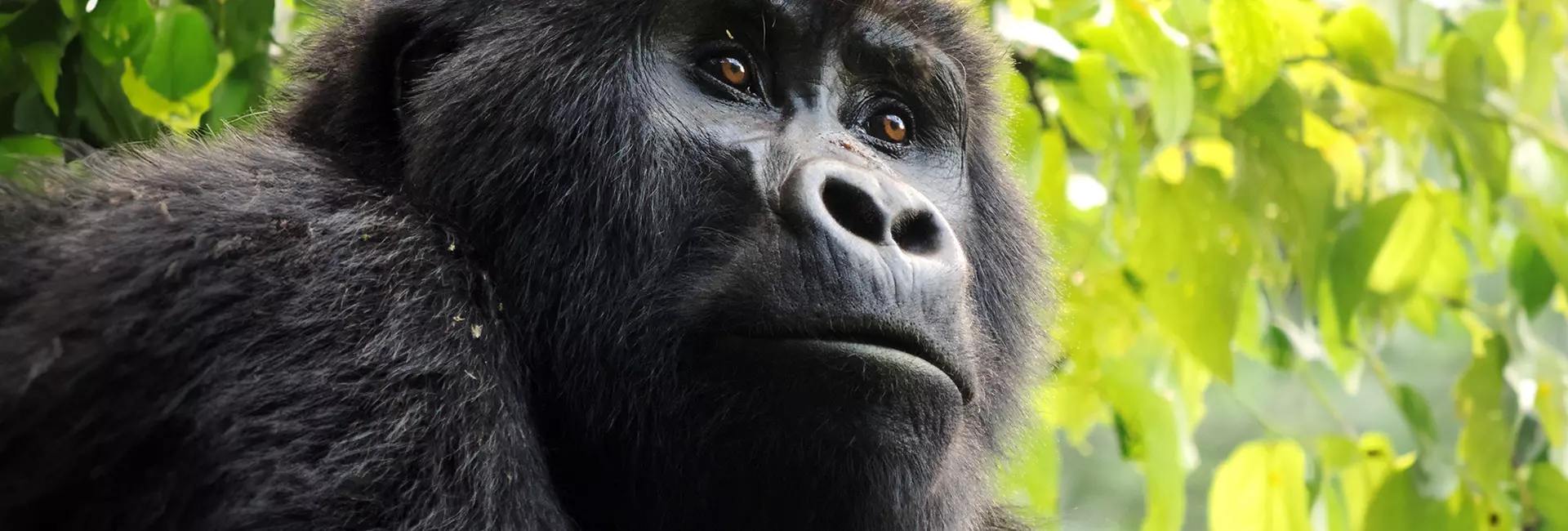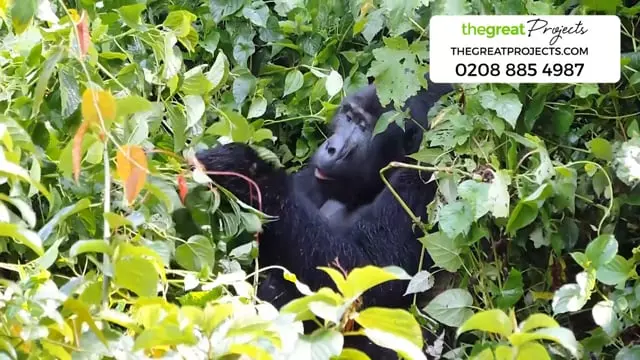
Gorilla Tours
Gorilla Tours
You can have the unique experience of a gorilla tour in the stunning country of Uganda by volunteering with The Great Projects. On our exclusive gorilla project, you can trek through Uganda’s lush jungle on a fascinating guided gorilla tour where you will witness the stunning great apes in their natural habitat.
Gorilla conservation tours enable tourists to have the pleasure of witnessing troops of mountain gorillas in a responsible manner, and as part of your trip, you will help to educate the local community on how they can help preserve these primates too. Habitat loss and human-animal conflict are just some of the daily pressures that gorillas face, and by taking part in an eco-friendly gorilla trekking tour, you will contribute to the efforts which are actively trying to reduce this.
During your trip, your guide will impart a great deal of knowledge to you about these phenomenal creatures, as well as the various plant species which can be found within gorilla habitat. This excellent gorilla tour cannot be replicated anywhere else in the world! Take the trip of a lifetime and experience vast African landscapes like nothing you’ve ever seen before. Take part in a gorilla tour!

Projects Do More
13 Nights from $4,854.00
Enjoy the thrill of Gorilla Trekking on this gorilla conservation project in Uganda
View projectGorilla Tours Information
Gorillas At A Glance
Endangered Status
Critically Endangered
Number remaining in the wild
100,000 In Total
Endemic Region
Africa

